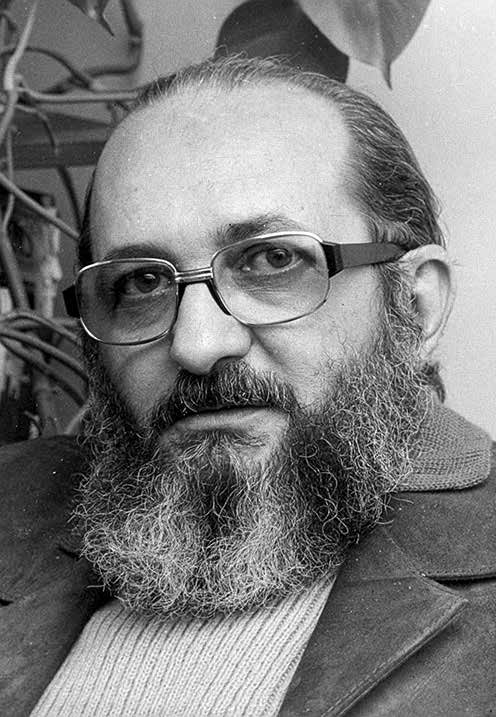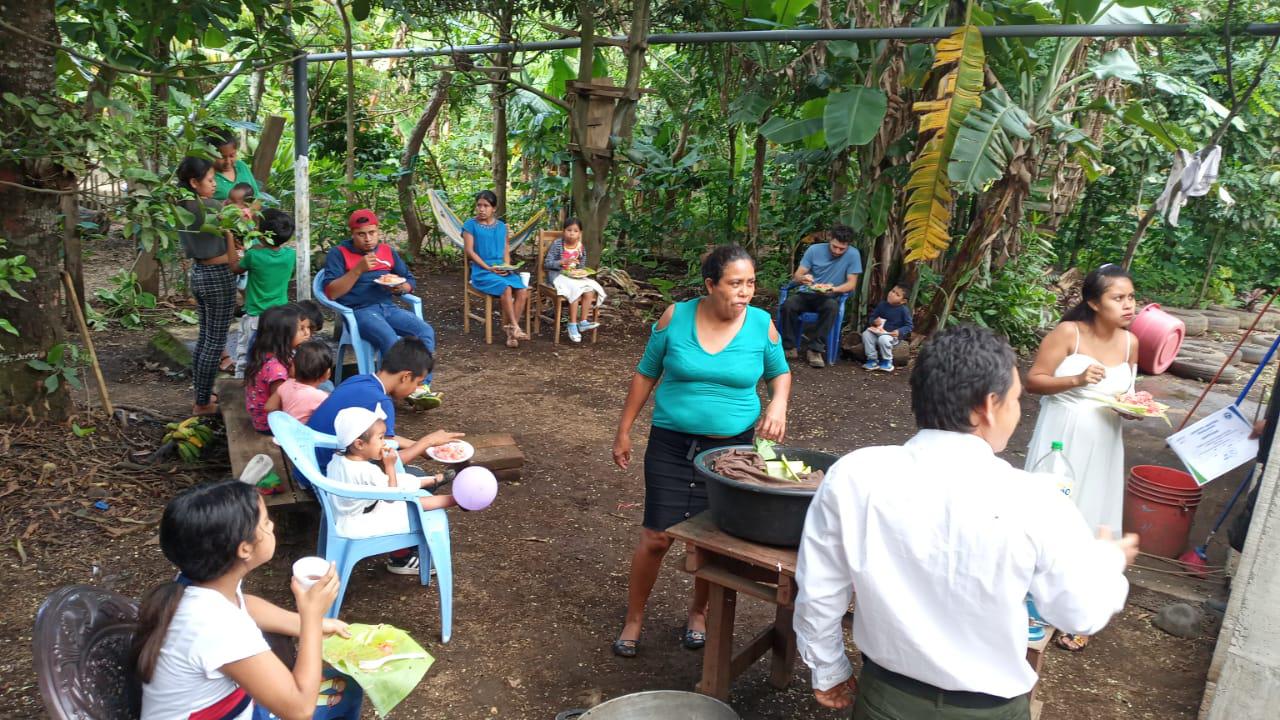Yorlis Luna, 21 September 2021
The great philosopher and educational pedagogue Paolo Freire was born 100 years ago on 20 September 1921.

Paulo Freire
His contribution was so exceptional that he is known as ‘’the educator of America’ because he was rooted in the reality of political processes of the historical time in which he lived: with his ideas he charted a path for Our America and the world.
Recognising his legacy involves a profound reflection on Our America, the America that has suffered and is still bathed in pain for the great majority of its population. The America of indigenous, black and mestizo faces have looked on with sadness as popular education has been co-opted, transgendered and reduced to a set of techniques by many NGOs that define themselves as heirs of the legacy of this educator, while being financed by multinational powers that only want to sustain capitalism and plunder the southern part of the Americas.
Capitalism is a multi-headed economic system capable of co-opting the noblest of legacies and heritage of peoples, turning them into something depoliticized, fragmented to be used against those same peoples. This is what has happened in Nicaragua. Many NGOs dedicated to training young people using popular education "techniques" prepared them as an internal mercenary army to attempt a coup d'état.
As the saying goes in Nicaragua "who pays the money calls the tune.’’ So from the Rio Bravo to Patagonia these NGOs have multiplied and become covert operations of a political agenda against our peoples. Some critics attack progressive countries along with other countries because they say that they are all the same. They lump Nicaragua and El Salvador together, for example, without seeing the radical differences happening in the lives of ordinary people.
In El Salvador, for example, the organized crime gangs negotiate for minimum human rights while in Nicaragua not only are there no organized crime gangs but in fact a constant ethic of restitution of rights. So it is not surprising that many people are confused about Nicaragua. The country faces an international chorus that amplifies the propaganda of many NGOs operating within Nicaragua. The confusion about Nicaragua is caused by people never questioning the unison of voices around the single melody they sing.
Even so, Nicaragua has been and is an example of profound processes of popular education that while not well documented are still alive and recreating themselves. And although very often people are not able to tell you or associate their praxis to a great pedagogical theory, what they engage in really is popular education empowering families, women, young people and children. Nicaragua not only established the landmark Great Literacy Crusade, but is also a living school of popular education innovations and social processes.
In Nicaragua, the “Campesino a Campesino” methodology has flourished, brought from Guatemala by Mayans who fled repression there. The CaC, which is anchored and bore fruit in peasant families in Nicaragua, is today a reference point for social organisations and international peasant movements such as Via Campesina. Paulo Freire lives among us, in the rural teachers who walk long distances to share their knowledge with their students, in community leaders, in the health personnel who visit house to house and accompany families through everything from childbirth to Covid-19 infections.
But it is alive not only in Nicaragua's community health and education model, but also among the many people who in their many different ways, from one community to another, contribute to supporting that community, performing multiple tasks to improve the quality of life of families. This forms the educational praxis for a society full of hope.

Sharing experiences in a Technical Education Program - San Marcos 2021
Proof of this is that since 2014, among Nicaragua's most important public policies has been the National Programme of Rural Technical Education “A.C Sandino” (PNETC A.C Sandino), led by the country's National Technological Institute. In this programme, farmers of all ages come together to exchange knowledge so as to improve agricultural production and make it more environmentally friendly.
Technicians from the institutions of the national System of Production, Consumption and Marketing facilitate together with peasant leaders already experienced in the area. To date, 138,000 people have participated in this type of training.
Telling a farmer "your knowledge is valuable" is priceless. But not only knowledge is important but also our practices and beliefs, our identity. Foregrounding those voices that have been ignored for over 500 years, is such a strong, indescribable, necessary act of courage. It involves unlearning in order to learn, listen and exist anew.
In meetings and exchanges between peasants, facilitated by PNETC “A.C Sandino”, I have witnessed the emotion in the eyes of the peasants when they explain something, how to sow, how to take care of an animal, how to make a natural medicine, or some other skill.
Their eyes shine and then, with a kind of mischievous joy, they'll say "I do know, though you may not believe it, I know a lot". These are people you can never let go, their embrace lasts forever. They leave their mark on your heart.
This explicit institutional recognition that the knowledge and innovations of peasants are valid has involved relearning and even existential crises for some agricultural technicians trained under the top down schema of the so-called “green revolution”.
Beyond that initial shock, everyone has learned that knowledge through dialogue is the way forward and that doing small things can have a great impact that nourishes us and makes us better human beings.
Nicaragua, beloved by Sandino, continues to have children who love her too. And although they do not necessarily say so, by doing it they make popular education a reality to bring new dignity to life with others and and existence on earth.
